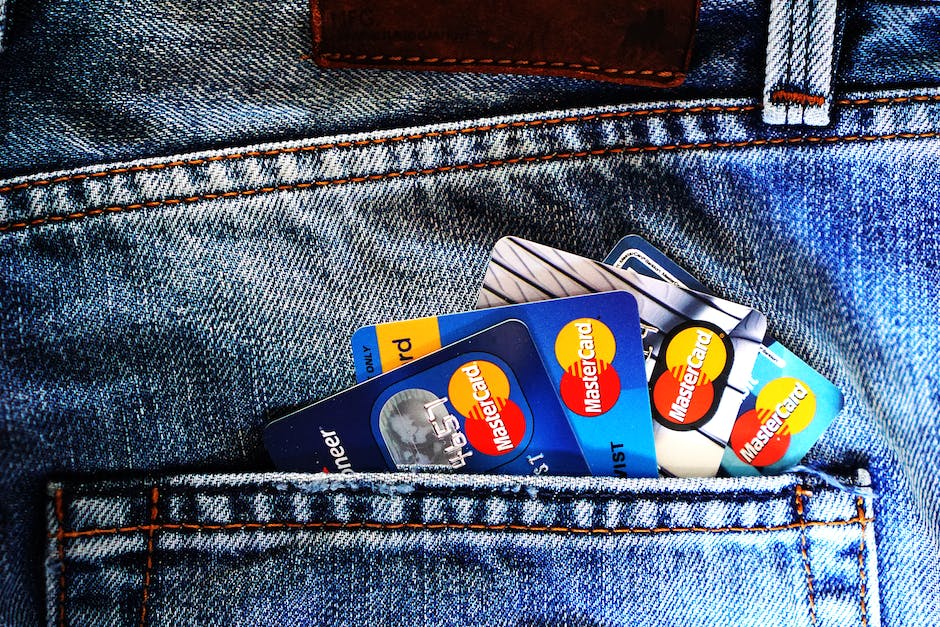Boost Your Credit Score to 680 and Unlock Financial Opportunities

Having a good credit score is crucial in today’s financial landscape. It can open doors to various financial opportunities, such as lower interest rates on loans, better insurance premiums, and even better job prospects. One of the benchmarks that many financial institutions consider good is a 680 credit score. This article will provide answers to common reader questions about how to boost your credit score to 680 and the benefits that come with it.
What is a 680 Credit Score?
A 680 credit score falls within the “fair” range on the FICO score scale, which ranges from 300 to 850. While it’s not considered excellent, it’s above the average credit score in the United States, which is around 670 according to Experian. A 680 credit score is often seen as the threshold for good credit by many lenders, making it a worthwhile goal for those looking to improve their financial standing.
Why is a 680 Credit Score Important?
Having a 680 credit score can unlock a variety of financial opportunities. Here are a few examples:
- Lower Interest Rates: Lenders view borrowers with higher credit scores as less risky, which can result in lower interest rates on loans and credit cards.
- Better Insurance Premiums: Many insurance companies use credit scores to determine premiums. A higher score can lead to lower premiums.
- More Housing Options: Landlords often check credit scores when evaluating potential tenants. A 680 credit score can make it easier to rent a home or apartment.
- Job Opportunities: Some employers check credit scores during the hiring process, especially for positions that involve handling money. A good credit score can improve your chances of landing the job.
How Can I Boost My Credit Score to 680?
Improving your credit score to 680 involves a combination of good financial habits and strategic credit management. Here are some steps you can take:
- Pay Your Bills on Time: Your payment history is the most significant factor in your credit score. Make sure to pay all your bills on time, every time.
- Keep Your Credit Utilization Low: Try to use no more than 30% of your available credit. High credit utilization can negatively impact your score.
- Don’t Close Old Credit Cards: The length of your credit history also affects your score. Keep your oldest credit cards open to extend your credit history.
- Limit New Credit Applications: Each time you apply for credit, it results in a hard inquiry on your credit report, which can lower your score. Apply for new credit sparingly.
Case Study: Boosting Credit Score to 680
Consider the case of John, who started with a credit score of 600. He began by setting up automatic payments for all his bills to ensure they were paid on time. He also paid down his credit card balances to keep his credit utilization below 30%. He resisted the temptation to close his old credit cards, even though he wasn’t using them, to maintain a long credit history. Finally, he limited his new credit applications to avoid unnecessary hard inquiries. After six months, his credit score had increased to 680, unlocking new financial opportunities.
Conclusion
Achieving a 680 credit score is a realistic goal that can open up a world of financial opportunities. By practicing good financial habits and managing your credit strategically, you can boost your credit score and enjoy the benefits that come with it. Remember, improving your credit score is a journey, not a sprint. Stay patient and consistent, and you’ll see your score rise over time.


